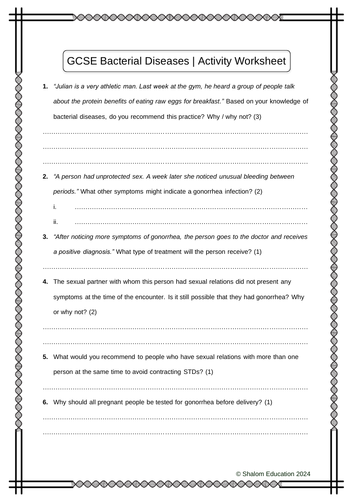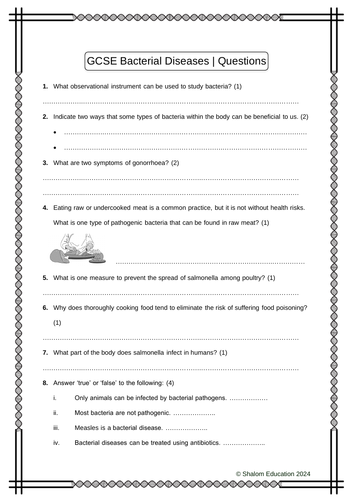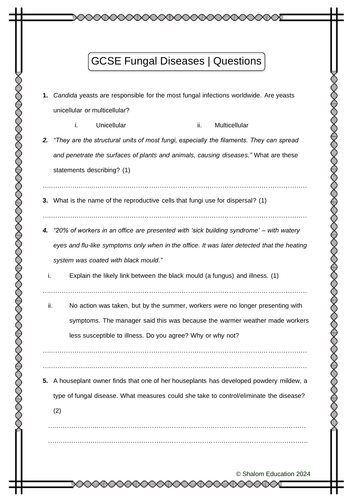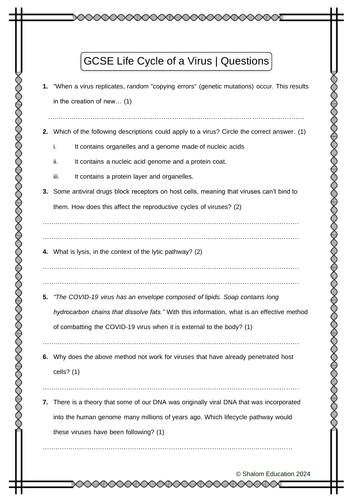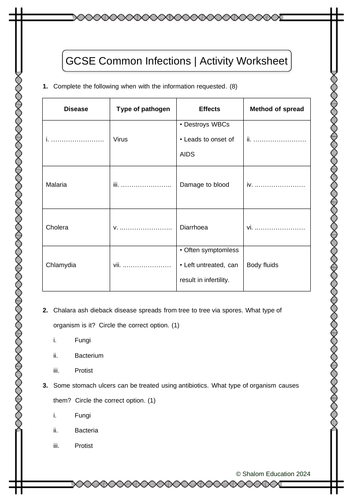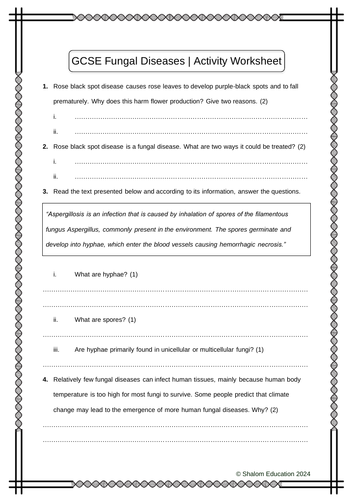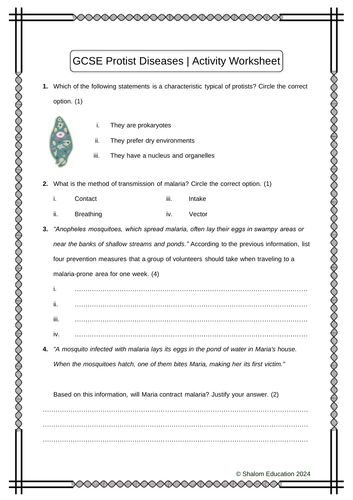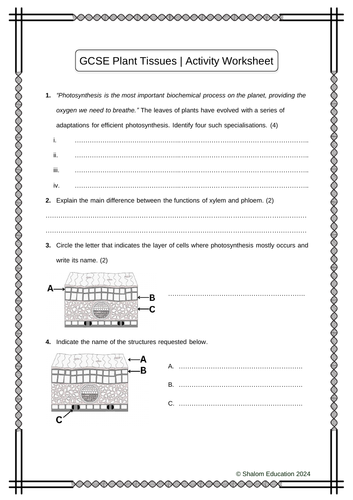Shalom Education
We are an Ofsted-registered organisation that provides educational services to learners between the ages of 5 and 16. Our goal is to help students achieve academic excellence and encourage lifelong learning. To do this, we provide engaging tutoring lessons, over 2,000 pages of free educational learning resources, and affordable teaching resources to support both educators and students. Visit our digital library to check out our free resources: https://www.shalom-education.com/digital-library



